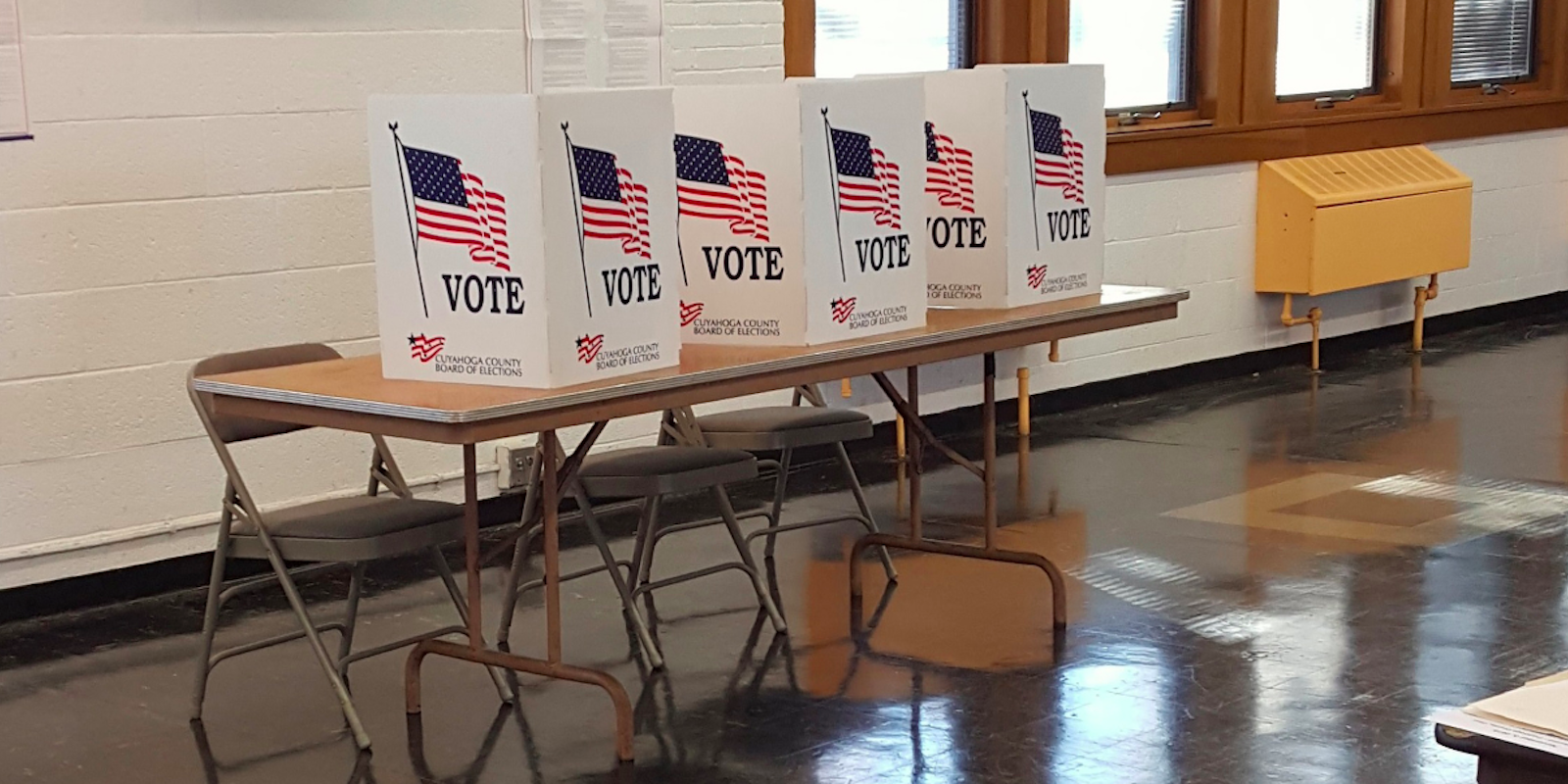Opinion
No matter what side you are on, there were no clear winners last night.
While Democrats got the wave they were looking for (winning nationally by eight percent), prominent candidates had trouble riding it. Democratic rising stars like Beto O’Rourke and Randy “Ironstache” Bryce came falling to Earth, even though a number of surprise Democratic victories helped rack up a majority in the House.
Republicans kept their Senate majority, but this was largely expected, due to the fact this cycle was incredibly favorable for the GOP.
Even governors mansions were split. While nationally popular Democrats like Andrew Gillum were defeated in the South, Maine, New Mexico, Michigan, Illinois, and even Kansas went into the Democrats’ column.
It wasn’t parties that had the biggest night. It was ballot measures.
Across the country, progressive ballot measures succeeded where Democrats couldn’t, often in places where it would be hard to imagine a progressive winning. And in a country filled with undemocratic institutions, these measures may the closest thing to true Democracy that America has in 2018.
Last night, felons got the right to vote, Medicaid was expanded, and marijuana was legalized. If these ballot measures were a candidate, they would be somewhere in the neighborhood of Bernie Sanders or Alexandria Ocasio-Cortez.
Florida Measure 4
Issue: Felon enfranchisement
The electoral map could permanently change in Florida as millions of people who had no voice in politics will now be given the right to vote. An estimated 1.4 million Floridians who have been convicted of felonies will be allowed to vote after completing their sentences.
While the bill does not restore the vote to those convicted of murder or sexual crimes, the vast majority of ex-felons will now be able to cast ballots. Given how close political races in Florida tend to be, this shift could also mean significant gains for Democrats in future elections.
Putting party politics aside, democracy has been expanded in the state, and the stage may be set for a change in the more than 30 states that still restrict the franchise of former inmates.
Michigan Proposal 2 & 3
Issue: Voting rights & gerrymandering
Michigan’s Proposal 3 marks a sweeping update to voting rights; this is the first major update to the states voting procedures since 1975. The expansive referendum includes same-day voter registration, no-questions-asked absentee ballots, and automatic registration among other measures.
Measure 2 places the duties of drawing congressional districts with an independent commission in order to prevent gerrymandering.
Michigan Proposal 1
Issue: Marijuana legalization
It feels like its only a matter of time before marijuana is legalized in the United States. While some more conservative states will likely hold out for years to come, Michigan became the tenth state to legalize marijuana last night. With the economic boons that come with marijuana legalization, it’s hard to imagine this issue not reaching a bipartisan consensus in the not too distant future.
Nebraska Initiative 427, Utah Proposition 3, Idaho Proposition 2
Issue: Medicaid expansion
When people talk about the ACA, they often talk about the state insurance marketplaces, but what sometimes gets left out of the conversation is Medicaid expansion. Medicaid expansion is simple: raise the income threshold for receiving government healthcare. The ACA has allowed states the choice to opt into that program.
Medicaid expansion passed everywhere it was on the ballot on Tuesday and the implications will be significant. If states continue to expand Medicaid, the United States could get closer to single-payer healthcare with each election cycle.
With the passage of these three initiatives, approximately 300,000 people will be added to these state Medicaid programs.
Arkansas Issue 5, Missouri Measure B
Issue: Minimum wage increases
It is time to consider Fight for 15 one of the most important movements in American life. The struggle to increase the minimum wage saw decisive victories in Arkansas and Missouri on Tuesday.
Arkansas minimum wage will increase to $11 by 2021 which will mean a raise for a quarter of the state’s workers. Missouri will increase their minimum wage to $12 by 2023, which should mean raises for nearly 700,000 people.
Massachusetts Question 3
Issue: Rights for trans people
The people of Massachusetts upheld a bill (SB 2407) meant to protect trans people from discrimination in public places such as restaurants, hotels, hospitals, stores, and public transportation. The bill was the first of its kind in the country because it extended protections based on gender identity and not sexual orientation.
Those who follow trans issues closely see this as a positive sign for the rights of transgender people nationwide.
Washington Initiative 940
Issue: Police brutality
In Washington, voters reversed a three-decade-old law that made it nearly impossible to charge a police officer for using deadly force. Additionally, the ballot measure requires police officers to undergo de-escalation and mental health training and demands independent investigations when the use of deadly force occurs.
Ballot measures and the future
Not every major progressive ballot measure passed on Tuesday. Proposition 10 in California suffered a major defeat despite robust tenant organizing movements in Los Angeles and San Francisco. Washington’s Initiative 1631 and Arizona’s Proposition 127, meant to fight climate change, were both defeated. Ohio’s Issue 1, which would end felony drug possession in the state, also failed.
And ballot measures can take a regressive tack as well. In Alabama, a ballot measure passed that expressly “does not protect the right to abortion,” severely restricting a women’s right to choose.
These setbacks are disappointing, but that doesn’t take away from the general truth that Americans are more progressive issue by issue than by party alignment.
And these ballot measures prove that real change is possible in American life.


